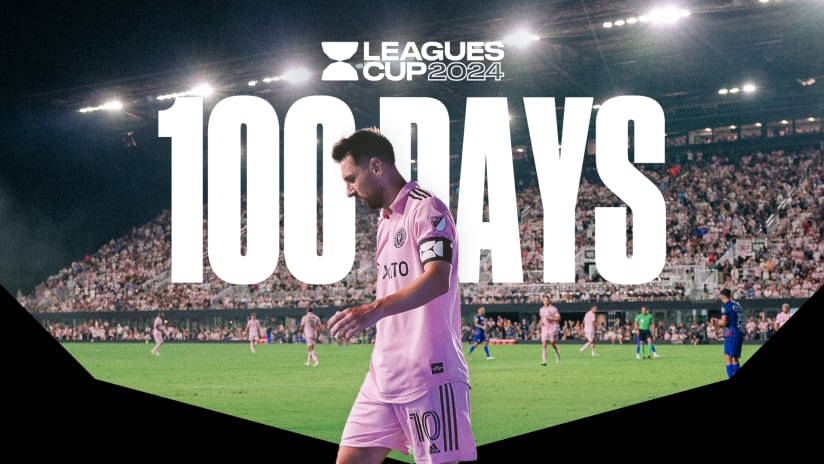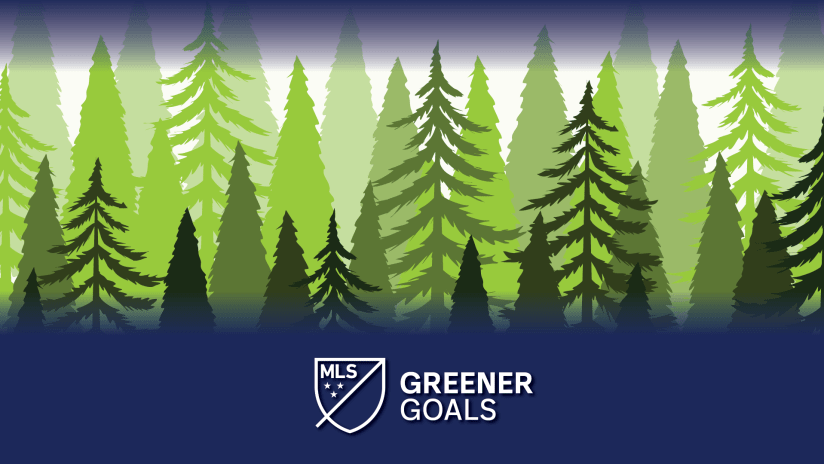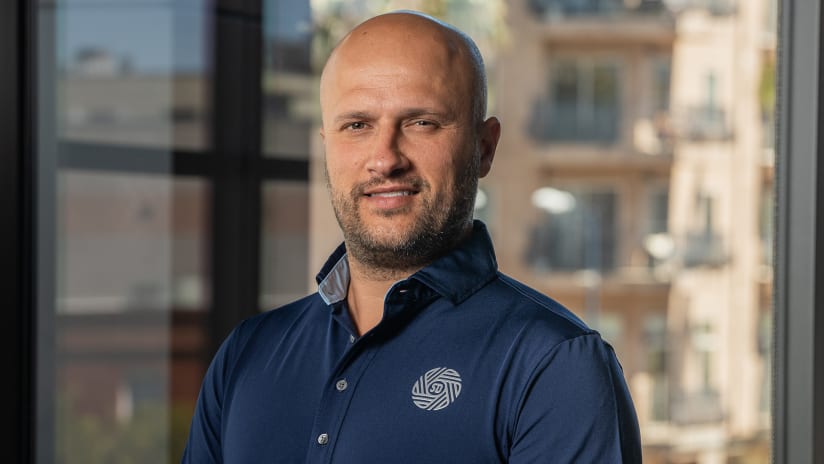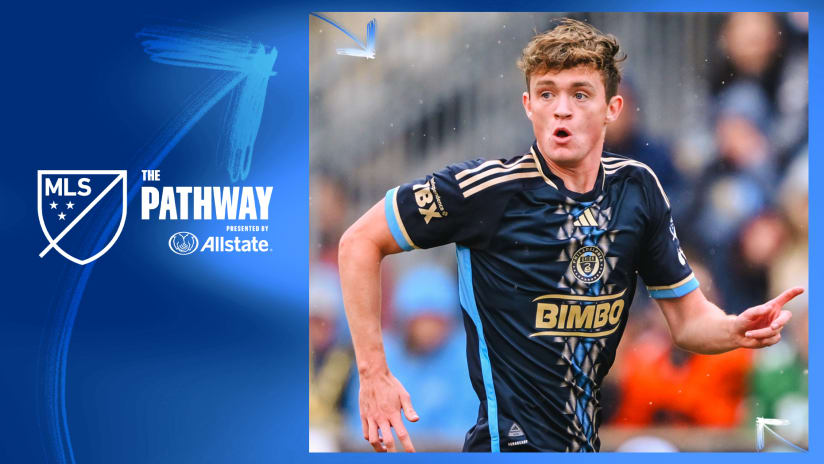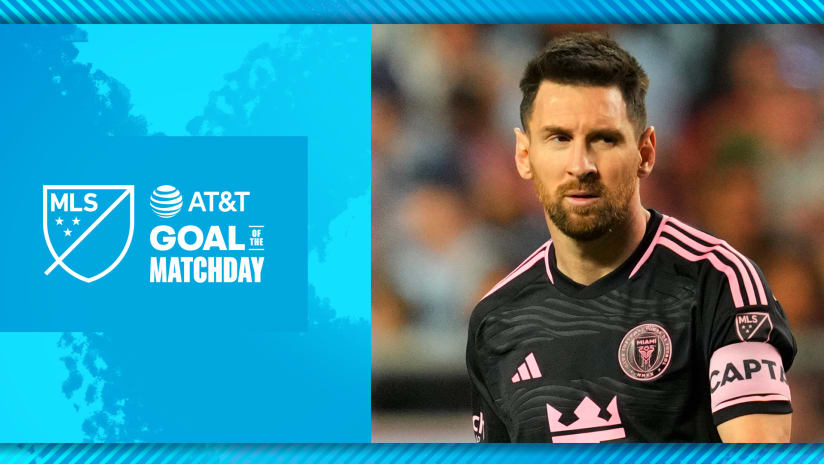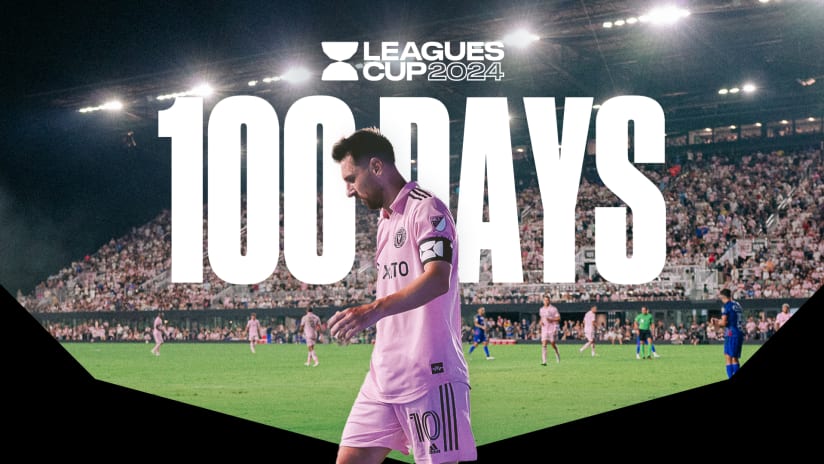David Kaval knows exactly what present the San Jose Earthquakes' fans wanted this Christmas: a new home to call their own.
And recently hired club president is holding out hope that before the 2012 MLS season begins, he can deliver it.
"I think (having a stadium in 2012) is still realistic,” Kaval told MLSsoccer.com. “We’re having all the meetings and hoping that it is going to occur.”
At this point, Kaval said, the club has no target date to begin demolition on the former FMC manufacturing plant at their Airport West site. For 2011, the Quakes will play a fourth consecutive season at 10,000-seat Buck Shaw Stadium on the campus of Santa Clara University.
But Kaval’s hopes that a new 15,000-seat stadium will sprout up next to the team’s eight-month old practice facility were buoyed by a unanimous Dec. 14 vote by the San Jose City Council. That decision granted the team’s owners—led by real-estate developer Lew Wolff—a rebate of $2 million to $4 million on the costs of developing the Airport West site. It also extended the timeline for completing the project.
Perhaps most importantly of all, in Kaval’s mind, was the fact that the club was given permission to uncouple development of the stadium itself from the surrounding 64 acres, which will have commercial, residential and mixed-use areas.
“Our ownership group has the financial capability to build the stadium before we have to actually go and build all the other development,” Kaval said. “But we want to make sure we have the rights to build the other development when we think the market is calling for it.”
Since demand for rental and commercial stock is still slack, building out the entire parcel at once simply didn’t make financial sense even though, Kaval said, that’s what the city wanted the team to do after its March vote to approve the final Environmental Impact Report (EIR). Passage of the EIR removed the last bureaucratic hurdle to the start of construction.
“You don’t want to build everything at once if the majority of stuff you build just sits there empty,” Kaval said. “It was very important that we were given that extra time so we can properly unlock the value from that part of the property.”
Kaval said that team executives are holding weekly meetings with the contractor and working on the stadium design and other “ancillary areas.” Meanwhile, he’s actively seeking a sponsor to purchase the new stadium’s naming rights.
“We’ve had a lot of fruitful different discussions with a lot of (potential) partners in the Bay Area,” Kaval said. “That’s something that would probably expedite the timing, because the partner might want to do things in certain ways that would make sure we open sooner.”
Sooner would obviously be better. As Kaval admits, Buck Shaw doesn’t generate the revenue opportunities “to cover the fixed costs of running a professional soccer team in America.” However, unlike in the past, the locally based ownership group—which also controls the Oakland A’s—does not view this fact as a reason to follow the same route as the Quakes’ first incarnation. Instead of moving out, the club is moving forward.
“We just went through the worst economic downturn in our lifetime,” said Kaval, who came on board in October after five years as CEO of the Golden Baseball League, of which he was a co-founder. “A project of this caliber inherently gets slowed down in those types of environments. And even in spite of all that bad news, we still have a plan . . . that’s going to, in the next year or two, provide a world-class facility for our fans.”
Geoff Lepper covers the Earthquakes for MLSsoccer.com. He can be reached at sanjosequakes@gmail.com or on Twitter @sjquakes.


